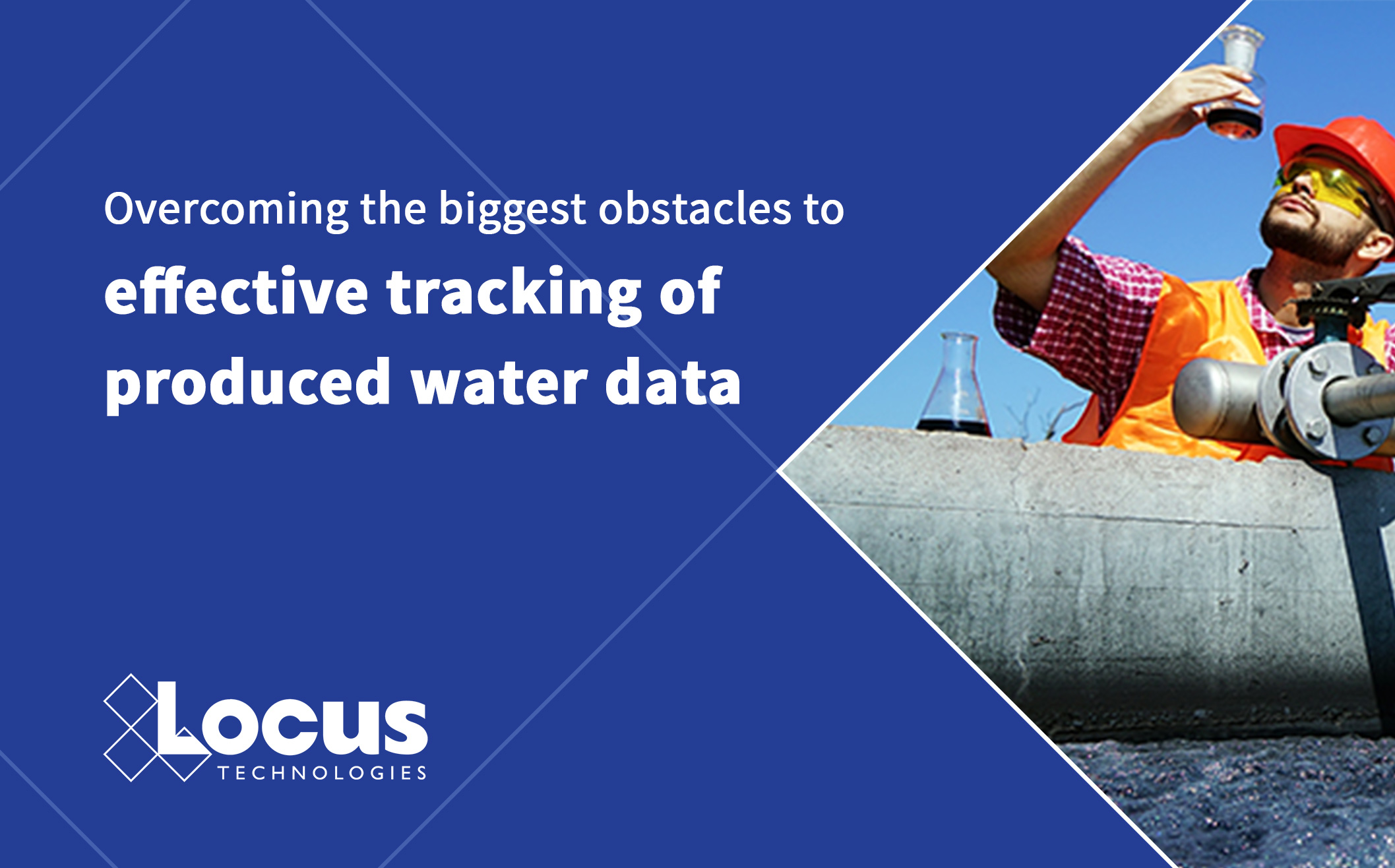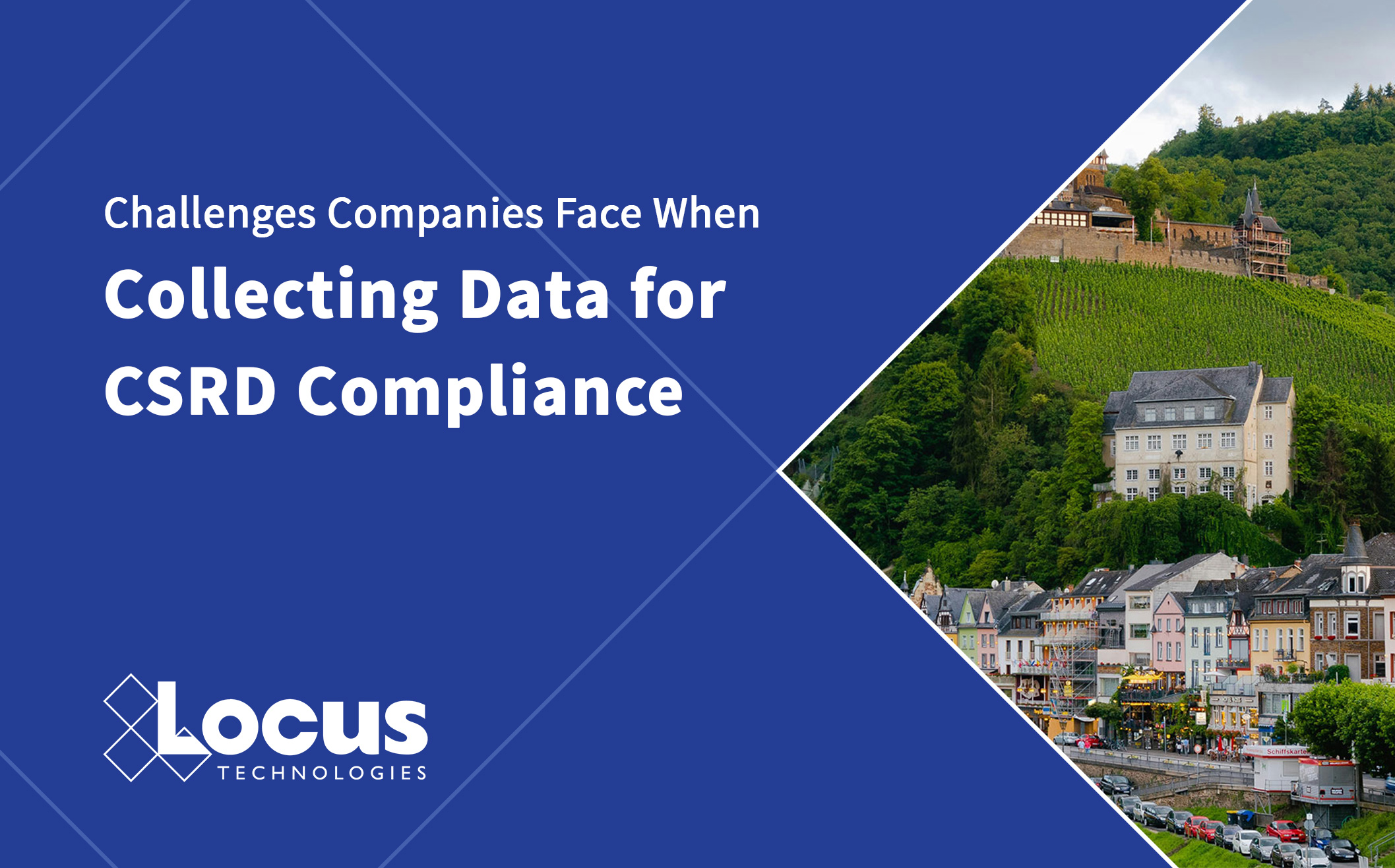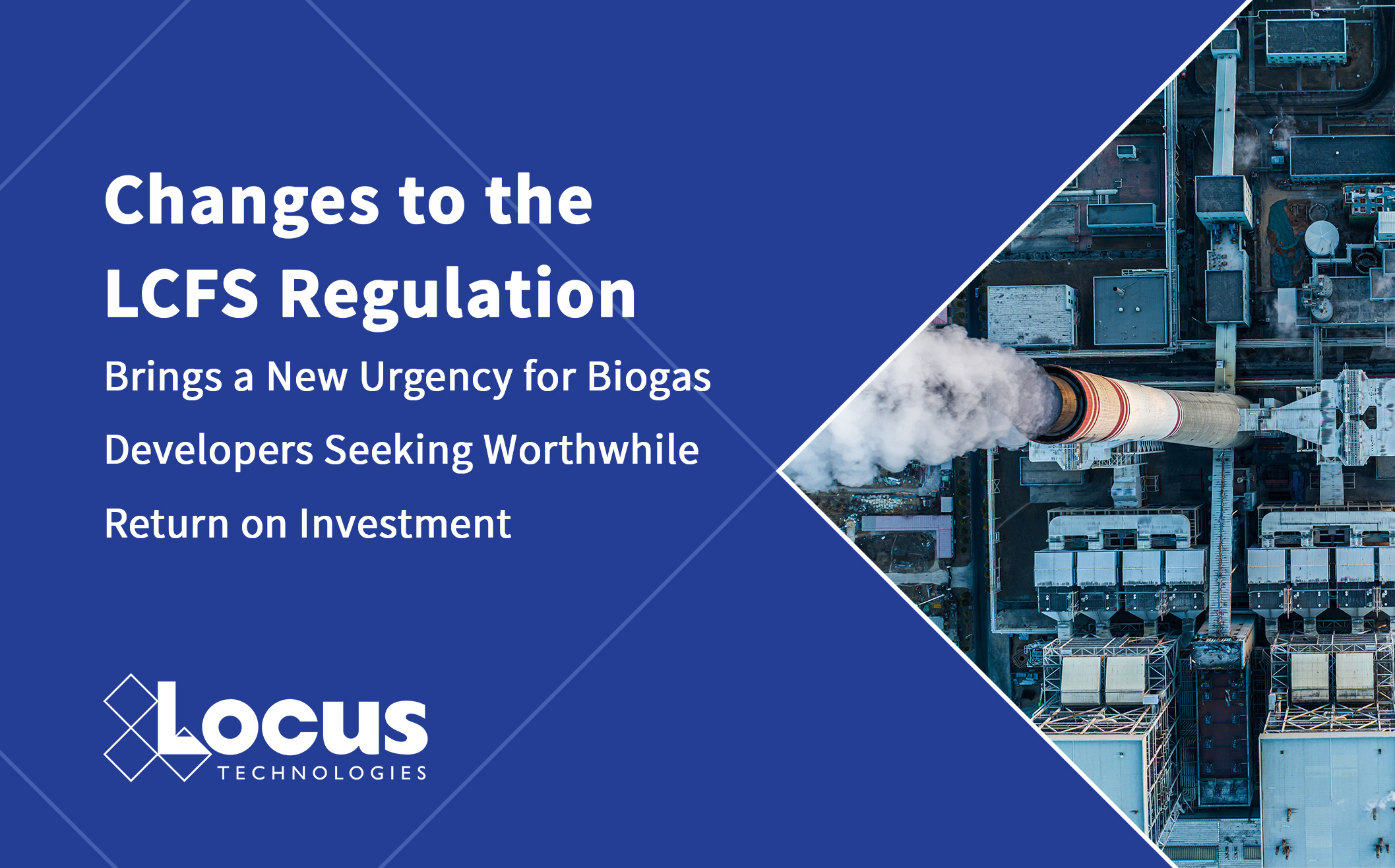
Tracking produced water data is critical for effective management of water resources in oil and gas operations, but several key obstacles hinder its accuracy and efficiency. These challenges span technical, operational, and regulatory domains, requiring comprehensive solutions to optimize data collection and management.
To start with, data variability and complexity pose a significant hurdle. Produced water characteristics vary greatly depending on the reservoir, extraction techniques, and environmental factors. This variability complicates the collection of standardized data, making it difficult to develop universally applicable metrics. Water quality parameters such as salinity, chemical composition, and temperature can fluctuate and are collected at different time scales, adding layers of complexity to both real-time and long-term tracking. Locus EHS software and environmental information management (EIM) software supports these types of variables either out-of-the-box or via convenient configuration tools, yielding a system that perfectly surmounts this hurdle. Locus software also enforces data standards and performs data validation to ensure consistent, accurate, and verifiable data analysis.
Another challenge is the lack of standardized reporting protocols. Different operators, regulatory bodies, and regions often adopt varying standards for data collection and reporting, leading to inconsistencies and gaps in the available data. Without common guidelines, it becomes difficult to compare and aggregate data across different operations, diminishing its overall usefulness for analysis and decision-making. Locus includes common templates and forms with the ability to customize templates for new frameworks. As a result, Locus EHS software and environmental information management (EIM) software supports both existing and future reporting needs and never gets out of date.
Additionally, limitations in monitoring technology are a crucial roadblock in tracking produced water. Although advancements in sensors, telemetry systems, and data analytics have improved, many operations still rely on outdated or unreliable equipment that fails to provide accurate, real-time data. Furthermore, integrating data from disparate systems is a frequent issue, as operators often use incompatible software platforms or lack automated data interfaces. Locus software connects to a wide range of internet-connected, external data monitors to track water volume and flow; levels of pH, salinity, oil, and contaminants; and other key measurements. Readings are shown on Locus dashboards with up-to-the-minute data reports as well as alerts for rapid identification and response to leaks, faulty equipment, data values beyond the expected range, and other anomalous situations.
Finally, regulatory challenges present another obstacle. Varying environmental regulations and reporting requirements across jurisdictions create confusion for operators, who must navigate a patchwork of compliance standards. This complexity often leads to incomplete or delayed data reporting, reducing utility for both regulatory oversight and operational optimization. Locus is a central, cloud-based system that can be shared by distributed teams, enabling all parties to maintain access to the most complete and accurate data. Each team and stakeholder can use Locus software to create configurable data reports and deliverables that meet their specific regulatory needs.
Overcoming these obstacles requires advancements in technology, harmonization of standards, and improved regulatory clarity to enable more effective tracking and management of produced water. To learn more about tracking produced water data with Locus software, please visit our website to schedule an online demonstration. More than 11,000 professionals use our EHS software and environmental information management (EIM) software, and we see a 98% client renewal rate year after year.
Locus is the only self-funded water, air, soil, biological, energy, and waste EHS and ESG reporting software company that is still owned and managed by its founder. The brightest minds in environmental science, embodied carbon, CO2 emissions, refrigerants, and PFAS hang their hats at Locus, and they’ve helped us to become a market leader in compliance and ESG reporting software. Every client-facing employee at Locus has an advanced degree in science or professional EHS experience, and they incubate new ideas every day – such as how machine learning, AI, blockchain, and the Internet of Things will up the ante for EHS, ESG reporting software, and sustainability.



